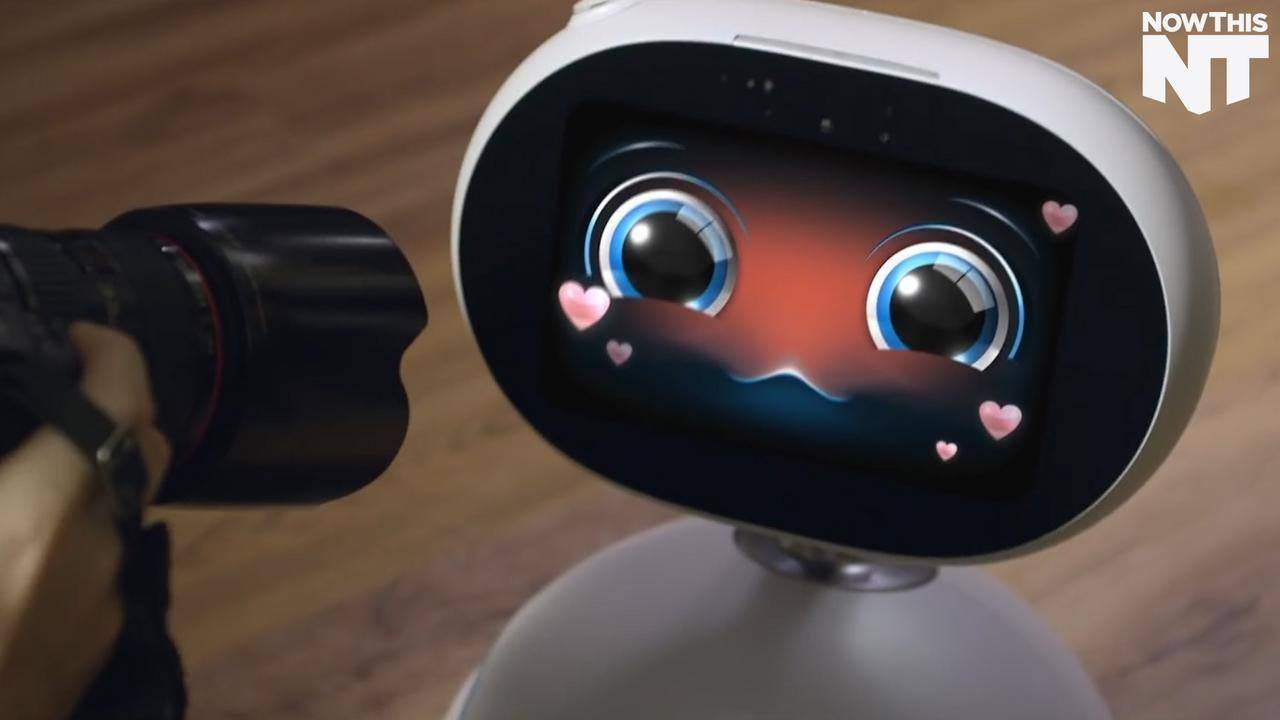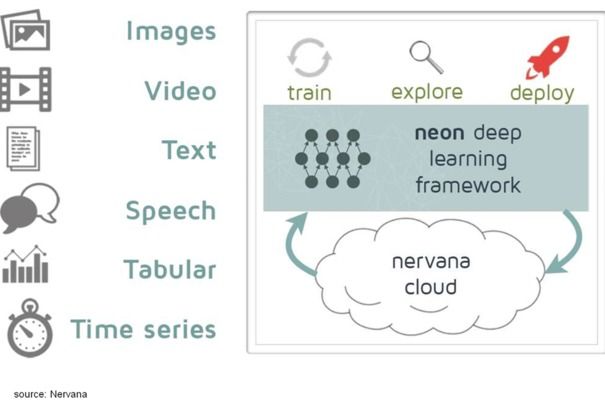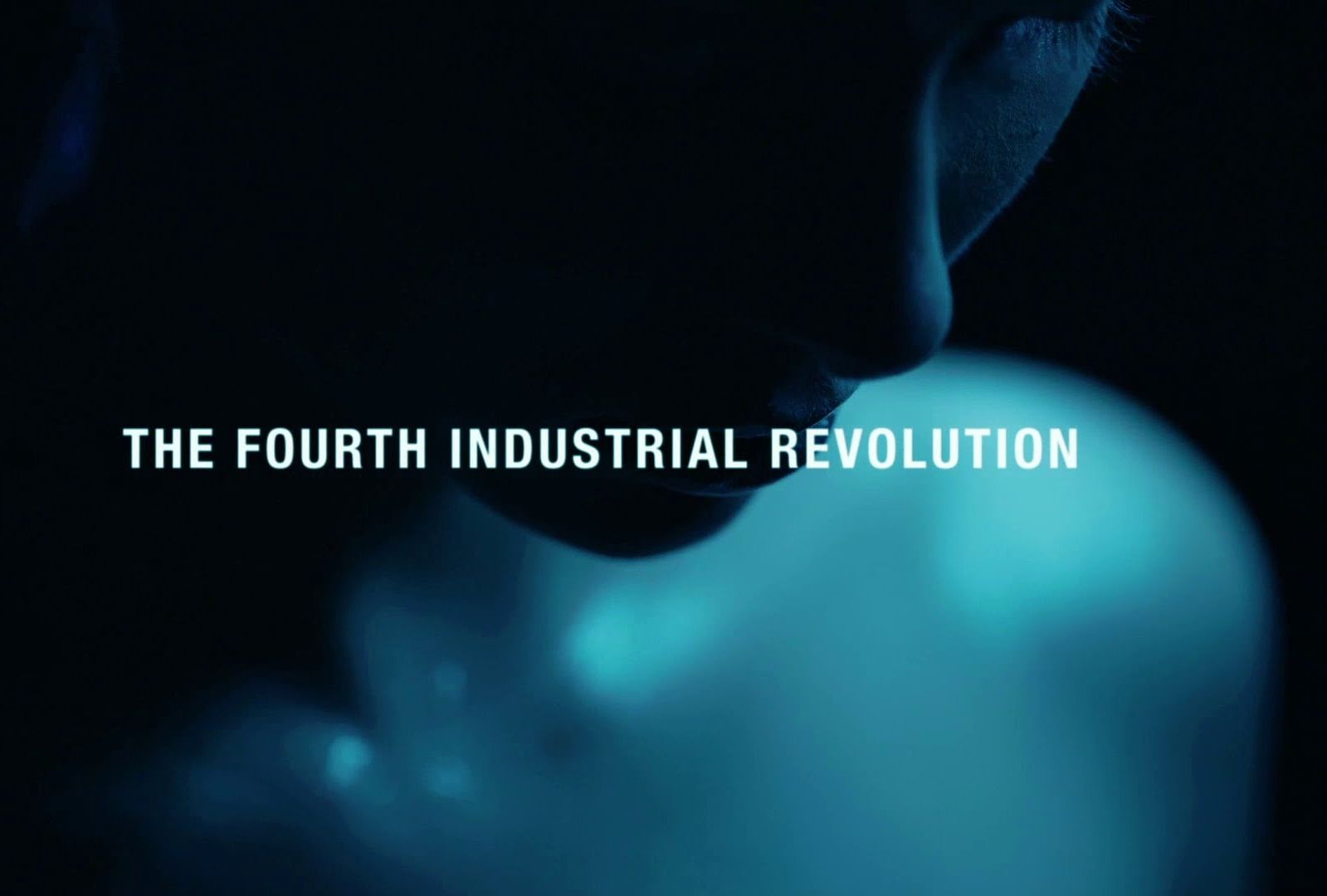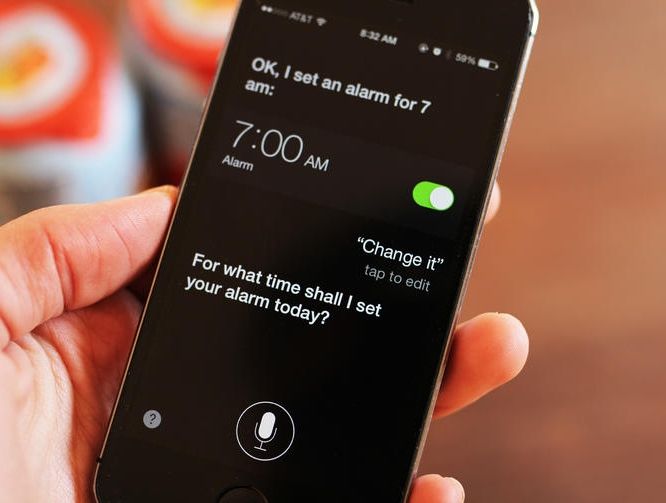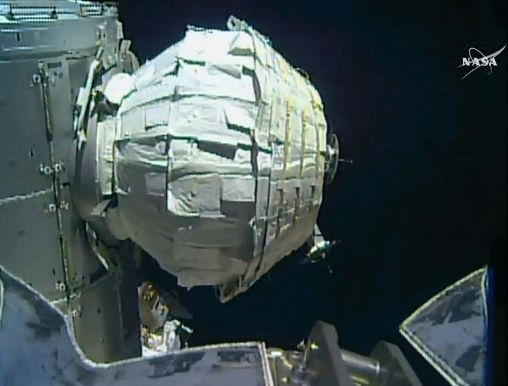With the robot economy looming large in the coming decades, one solution to vanishing jobs may simply be to give people money regardless of whether or not they work.
That idea is called “basic income,” and it just gained the support of one of the tech world’s founding fathers, Internet inventor Tim Berners-Lee.
“I think a basic income is one of the ways of addressing massive global inequality,” Berners-Lee, who founded the Web in 1989, explained on a recent episode of The Economist podcast.


